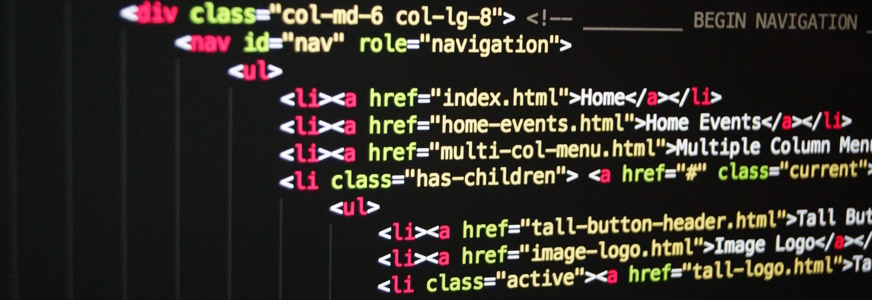Sean McEwen; Workplace Equity, Diversity, Inclusion and Culture Consultant
The conversation around workplace culture is everywhere. Platforms like LinkedIn are filled with posts about its importance, and they’re not wrong. A great workplace culture doesn’t just help businesses attract and retain talent; it fuels innovation, resilience, and brand loyalty. But when culture is neglected, it becomes a quiet saboteur—a collection of unintentional habits, dysfunctions, and brand bombs that threaten performance and sustainability.
As a Workplace Equity, Diversity, Inclusion and Culture Consultant, I’ve seen culture create an atmosphere of joy, purpose, and fulfillment in the workplace, and I’ve also witnessed it drain energy, harm well-being, and make even the most eloquent mission statements ring hollow. Culture can be transformative, but it can also be toxic. Leaders—those in the best position to shape it—are often overwhelmed by the idea of culture change. It feels complex and hazy, leaving many wondering, “Where do we even start?”
The key lies in reframing the challenge. Culture isn’t some abstract, mysterious force—it’s the sum of everyday behaviours, mindsets, and interactions. Gallup defines culture simply as “the way we do things around here.” So, the real question is: what are the behaviours we tolerate, reward, or penalize—and who benefits from them? This is the essence of your workplace culture.
As our workforce gets younger and more diverse, these questions are no longer optional. Equity, diversity, and inclusion (EDI) have become central to job searches, and employees are looking for more than just a paycheck. They want belonging, fairness, and purpose. The pandemic created significant shifts in the ways people view work, life, and balance. Many are disillusioned with the old work model, where the rewards disproportionately flow to a privileged few, widening the wage gap and leaving the majority feeling undervalued.
In response to this disillusionment, the question employers should be asking themselves about recruitment, retention and culture is one of ‘community.’ Is your workplace a community where a diverse group of people with clear purpose are treated with respect – and does everyone benefit fairly from their labour? Or are we clinging to outdated models where only a select few reap the rewards while everyone else serves that narrow purpose?
The organizations that thrive in the future will be those that understand culture isn’t just about feel-good slogans used to describe their workplace. It’s about creating a shared accountability framework (where everyone feels invested and valued) – and psychological health and safety. Neuroscience and psychology are clear: people crave certainty, belonging, and fairness. These aren’t just buzzwords—they’re foundational to a healthy workplace culture.
But here’s where many leaders get stuck. Research shows that while leaders often overestimate how well they’re doing on issues like inclusion and culture, their employees tend to disagree—sometimes vocally, sometimes online. Ignoring this disconnect comes at a high cost, especially when it comes to recruitment and retention. Talented people won’t stick around if they don’t feel seen, heard, or valued.
Building a better culture isn’t as daunting as it seems. It starts with an honest assessment of where you are and where you need to go. Yes, culture is complex—but complexity doesn’t mean impossible. Start small. Identify the habitual behaviours in your workplace and evaluate how they align with your values. Establish key performance indicators (KPIs) not just for positions, but for psychological safety, equity, and well-being.
Investing in culture isn’t just the “right thing to do”—it’s a business imperative. It requires intentionality, time, and sometimes external guidance. But in a world where the future of work is already here, culture is now a top contender for business sustainability factors alongside technology and globalization.
Leaders who embrace this will not only navigate change effectively — they’ll shape it, building workplace communities where people and businesses grow together.
If you’re ready to take that step toward meaningful culture change, reach out for support. The future of work isn’t waiting, and neither should we.
If you would like more information or resources to support culture assessment and culture change, please contact us via our website service page.

